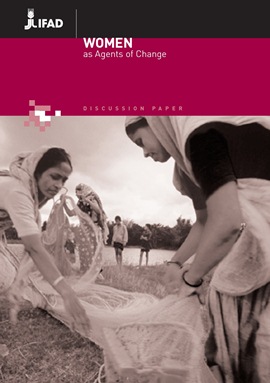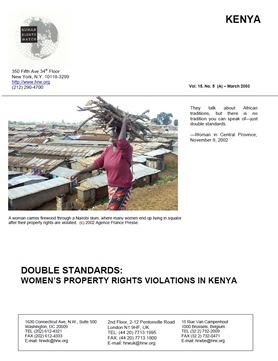Land Tenure Systems and Sustainable Development in Southern Africa
This study was commissioned to review the current land tenure systems in selected countries in southern Africa, to identify constraints and opportunities relating to tenure security and improvements in women’s land rights and to recommend strategies to alleviate problems.




